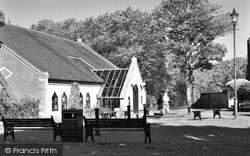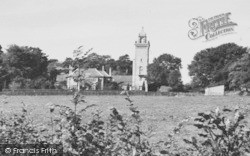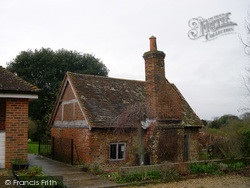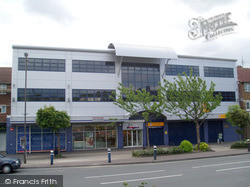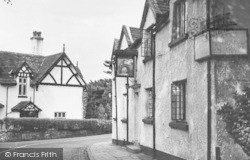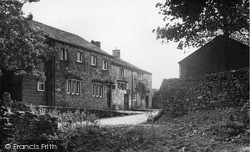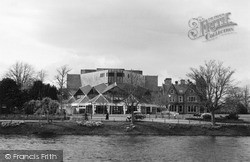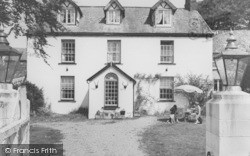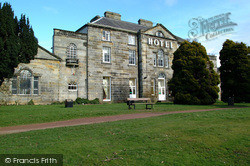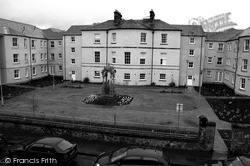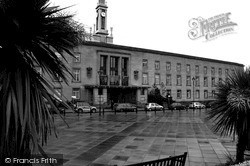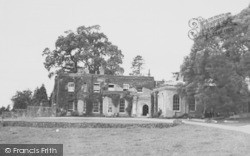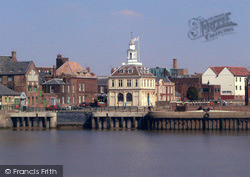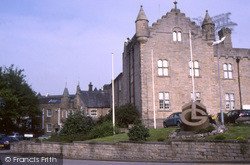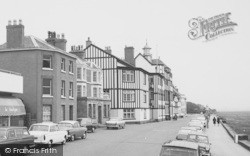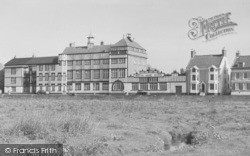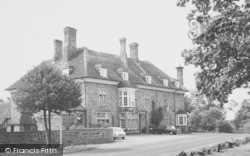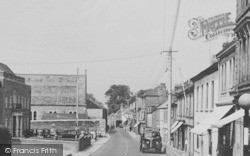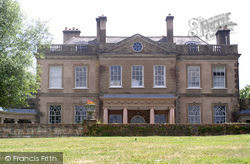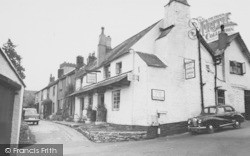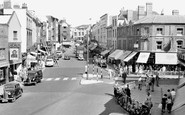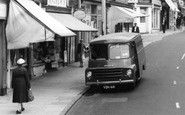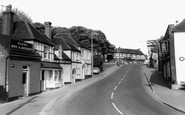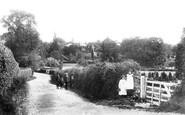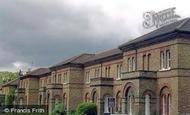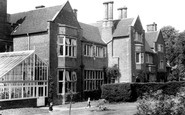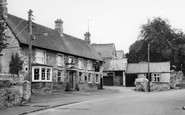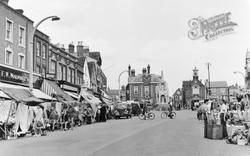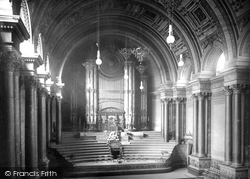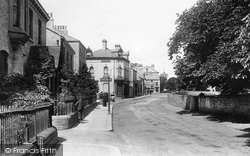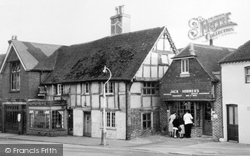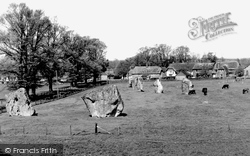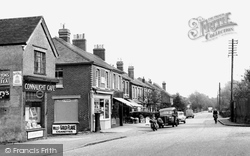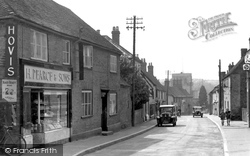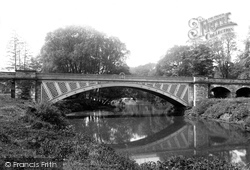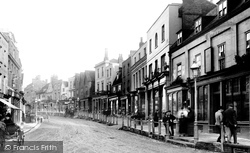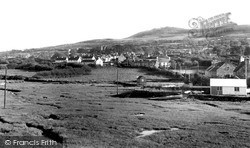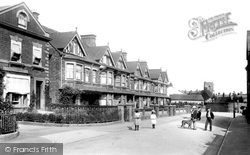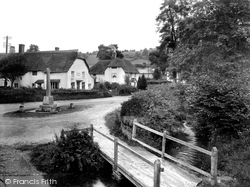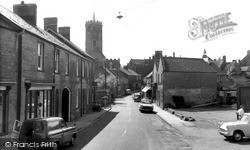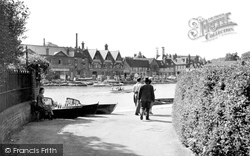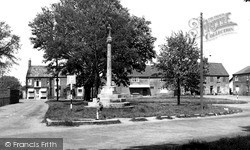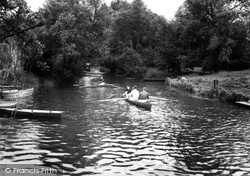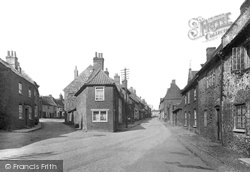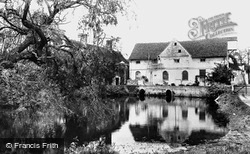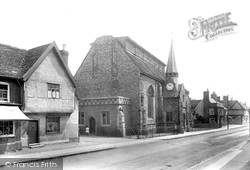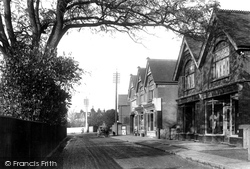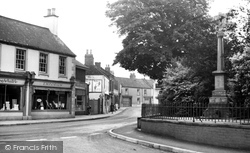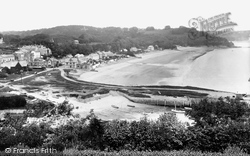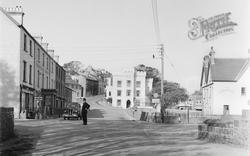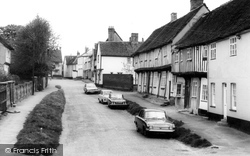Places
36 places found.
Those places high-lighted have photos. All locations may have maps, books and memories.
- Chatsworth House, Derbyshire
- Osborne House, Isle of Wight
- Brambletye House, Sussex
- Ickworth House, Suffolk
- Kingston Lacy House, Dorset
- Boscobel House, Shropshire
- Preshute House, Wiltshire
- Bolton Houses, Lancashire
- Brick Houses, Yorkshire
- Quaking Houses, Durham
- Water Houses, Yorkshire
- Bottom House, Staffordshire
- New House, Kent
- Mite Houses, Cumbria
- Lyneham House, Devon
- Church Houses, Yorkshire
- Dye House, Northumberland
- Spittal Houses, Yorkshire
- Street Houses, Yorkshire
- Tow House, Northumberland
- Halfway House, Shropshire
- Halfway Houses, Kent
- High Houses, Essex
- Flush House, Yorkshire
- White House, Suffolk
- Wood House, Lancashire
- Bank Houses, Lancashire
- Lower House, Cheshire
- Marsh Houses, Lancashire
- Chapel House, Lancashire
- Close House, Durham
- Guard House, Yorkshire
- Hundle Houses, Lincolnshire
- Hundred House, Powys
- Thorley Houses, Hertfordshire
- School House, Dorset
Photos
6,747 photos found. Showing results 4,441 to 4,460.
Maps
370 maps found.
Books
Sorry, no books were found that related to your search.
Memories
10,363 memories found. Showing results 2,221 to 2,230.
The Happy Days
I was born in Maceado Square, Hunslet, not a blade of grass to be seen, the small house was behind Winterburns store, everyone shopped there, along with Cardis's pork butchers. Pub opposite. Trams stopped at Balm Road, Miggy was not ...Read more
A memory of Hunslet in 1930 by
Chelmsford, High Street 1955.
This photo shows the view from the bottom end of the High Street leading up to the Shire Hall in the very far distance. One can clearly see the blinds on the shop on the corner of Springfield Road, and the Boots ...Read more
A memory of Chelmsford by
Tivoli Picture House
I remember my Uncle Keith taking me to Saturday morning pictures at the Tivoli. I used to have a 'birthday' every 3 weeks so we would get the free sweets they gave away on your birthday. Great times. I miss him so much.
A memory of Hednesford in 1957 by
Wreck ('wrack') Hall Farm
My grandmother's family originated on Canvey Island, farming at Wrack Hall from some time in the early 19th century until the death of my great great grandfather, Edward Morley, in 1863. Wrack Hall was so named because ...Read more
A memory of South Benfleet in 1880 by
Incidents Remembered
Doe Lea was near to Hardwick which during the Second World War was an Airborne training camp, we could go into Hardwick and watch troops jump out of a balloon, they had to jump from a balloon a few times before jumping from a ...Read more
A memory of Doe Lea in 1943 by
Pinewood, Bagshot
The house in the background is Pinewood, built by my great grandfather, Sir Howard Elphinstone, VC, KGB etc. He was one of the first soldiers in the Crimean War to win a VC. His VC is now in the Imperial War Museum. He was born ...Read more
A memory of Bagshot in 1880 by
I Lived Here
I lived in number 42 between 1953 and 1957. My dad was a corporal in the Military Police at the time and even though I was very young I still remember living there. I remember the swing park at the end of the road that had a maypole ...Read more
A memory of Knaphill in 1953 by
Midwifery Training
I did my midwifery training at Perivale Maternity Hospital, 1981/82. It was a lovely little hospital with two post-natal wards, one ante-natal ward, a delivery suite and out-patients. I did my community placement in Southall, ...Read more
A memory of Perivale in 1981 by
I Was Here From 1957 1970
I had good and bad memories of the hall. I don't remember Brendan. The house was demolished around 1965/6 and the ground it stood on was sold and a school was built. I remember helping the gardener take geranium ...Read more
A memory of Glenfield by
Stanwick, The Duke Of Wellington
My memory of The Duke is that this was the public house that I first ever got drunk in. I was 17 and had just joined up in the Army in Boy Service. That Christmas I was on leave and went with family friends to the ...Read more
A memory of Stanwick in 1958 by
Your search returned a large number of results. Please try to refine your search further.
Captions
6,914 captions found. Showing results 5,329 to 5,352.
Woolworth's displays its original American house style above the shop front, and the chemist two doors away has yet to feel the effects of the corporate marketing soon to alter the town's purchasing habits
The town hall not only housed the council: there were law courts, facilities for lectures, public meetings and for music festivals.
Handsome and dignified Georgian houses and villas line the leafy street.Visitors to the town seem to have been made up from two groups: travellers using the Great North Road, who stopped over just
Now the town council offices, it dates from around 1540; it has had a number of previous uses, including being the town Poor House (from 1762 to 1854), then a post office, an undertaker's and a wheelwright's
The massive circle of stones virtually encompasses the village; here, we can see the Red Lion pub (the white gabled building), the chapel on the right, and domestic thatched housing all inside a stone
The Connaught Cafe, seen here on the left, is now a private house, but the post office next door remains.
The shop has gone and is now a private house.
It was demolished six months later, and new houses were built in the park. Sir Walter Scott stayed in the village whilst writing his novel 'Ivanhoe'.
Much of the market trade was performed in the public houses which lined the High Street.
The marshland is part of the Parrog and now houses a thriving caravan park.
All the houses on the left went to make way for the inner ring road and its roundabout; the gable on the far right belongs to The Armoury pub, which does survive.
This village is virtually the creation of its 19th-century rector, Joseph Relph, who built large numbers of houses to double its size, including Tarrs Inn, which we can see in this view, with
Most houses are two-storey, and the archway on the left leads into St James Mews, a shopping centre. The cupola in the distance belongs to Blake Hall, part 18th-century but mostly of 1911.
The 1870 view of the bridge is particularly interesting, for it shows the Berkshire bank before the spread of late Victorian developments that brought large houses and villas to the Berkshire hillside
The roughly rectangular Market Place (or village green) with its medieval cross is surrounded by attractive houses with shops on the east side.
During the Second World War, the Kent-born film director Michael Powell and his Archers production company featured the town and its oak beamed houses in his famous propaganda epic, 'A Canterbury Tale'
A number of these houses have been converted into shops to cater for the visitors and pilgrims who flock to this town and visit the shrine of Our Lady of Walsingham.
The mill house was the home of Golding Constable and his family from 1765 to 74, and it remained in their possession until the 1840s. Flour was taken downstream by lighters to Mistley for London.
Beyond is Pillar House, a timber-framed building with a Victorian brick façade. On the next corner is the 16th-century Bull (John Esling was the landlord), now closed.
At the end of the parade of shops on the right is the post office, and in the distance Broxmore, housing the doctor's surgery, stood on the site of the present Oakdene Parade.
The nearby parade once housed a sweetshop, a hairdresser's and a shoe shop – all long gone. The town's Regal Cinema closed in 1970, and is now used as a supermarket.
The Cambrian Hotel (left) stood on the site which had housed the Milford Arms since 1680 – it was renamed in 1870. The terrace was built c1865.
The Cambrian Hotel (left) stood on the site which had housed the Milford Arms since 1680 – it was renamed in 1870. The terrace was built c1865.
On the left is the front wall and schoolmaster's house of the Elementary School of 1853 and 1896. The grassy banks remain, but they have been straightened and tamed.
Places (80)
Photos (6747)
Memories (10363)
Books (0)
Maps (370)


